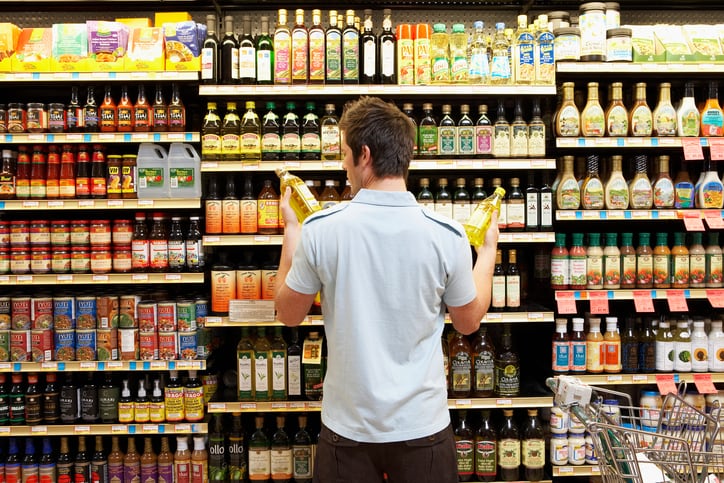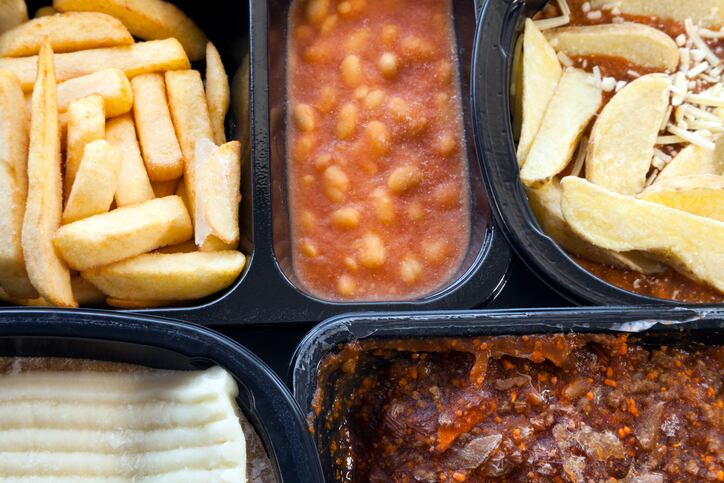The report was approved last week by a committee made up of 29 cross-party politicians from the French parliament, and called for strict measures to “improve the quality of industrial food” and public health.
The politicians' proposals range from limiting the number of additives used in processed foods to banning junk food marketing to children, prohibiting health claims on unhealthy foods and bringing in mandatory limits on salt, sugar and industrial trans fatty acids in processed food products.
In a statement published last week, ANIA, the trade association that represents the interests of French food and drink manufacturers, said it was “astonished by the overall tone ” of the proposals which it says "put the food industry on trial" without taking into account voluntary efforts and committments.
ANIA's president Richard Girardot went even further, saying processed food had been put on "an unfair trial".
"These attacks are a caricature," he said. “We are ‘processors’, it's our job, our passion. We have always adapted to meet the new challenges of society, and in particular the expectations of our consumers. We have taken into account scientific recommendations. Food companies are in a process of continuous improvement.”
An ANIA spokesperson told FoodNavigator it “totally agreed” with the proposals that called for increased support for food education for children and the need to improve the quality of meals served in catering services in public institutions such as schools and hospitals.
“But overall, the other proposals seem not to take into account all the efforts made by the French food industry to enhance the quality of its products and work on its recipes over the last 10 years.”
What is ultra-processed food? The concept was developed by Brazilian researchers as part of the NOVA food classification system, and the category includes soft drinks, packaged snacks and confectionery; mass-produced packaged breads; reconstituted meat such as hot dogs and chicken nuggets, instant soups and noodles and industrially pre-prepared pizzas, pies and ready meals.
Earlier this year, the authors of a study published in the British Medical Journal that analysed food consumption data for 104,980 individuals, noted that a 10% increase in the proportion of ultra-processed foods in the diet was associated with significant increases of 12% in the risk of overall cancer and 11% in the risk of breast cancer.
But how much processing is too much? For many food scientists, it's hard to define. Cargill's vice president of research and development (R&D), Dr Chris Mallett told our sister site FoodNavigator-USA: "All food is made of chemicals."
The trade body claims that French food and drink manufacturers have achieved a 20% reduction in salt, and 30% decrease sugars over the past decade, also cutting oil, fats and additives when relevant.
“We also collectively work on reducing the list of ingredients in our products, when possible, to address the consumer expectations on naturalness. These efforts are pursued, in collaboration with the French authorities, without any regulations needed,” the spokesperson said.
“Obesity is not progressing in France, which counts fewer fat and obese people than comparable countries. But it’s true that it affects more socially disadvantaged populations, that’s why food education is so important.
“We don’t believe the demands to reduce to 48 the list of additives authorised by 2025 is realistic. A lot of time [is needed] to adapt recipes.”
Reducing the number of authorised additives would also require consumers to accept food and drink products that have shorter shelf lives, the spokesperson added.


